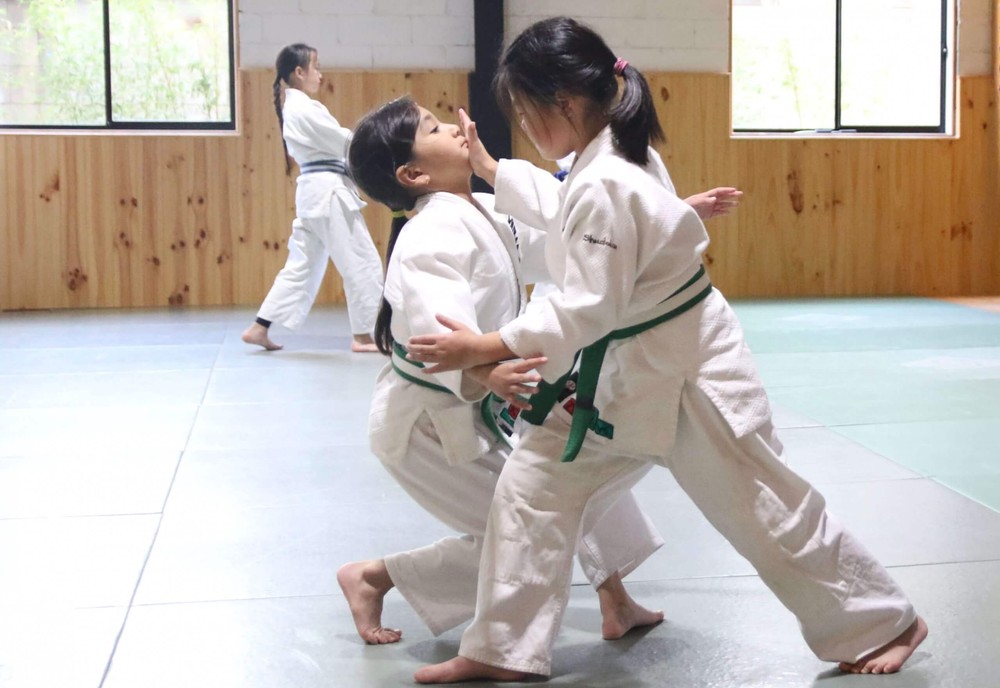It’s good for kids to have a sport of some kind, whether it’s a team sport like volleyball or an individual one such as swimming. No matter what sport your kid chooses, they’ll learn some valuable lessons besides techniques essential to that particular sport. Some sports, however, are bound to make parents have second thoughts, and martial arts sometimes fall into that category.
We get it: martial arts involve contact in some way, and even if there are instructors and sparring doesn’t happen without armour for protection, there’s no way to predict how such training sessions will turn out. So if your kid expresses interest in a martial art like aikido fo children, is it a good idea? Let’s take a look.
Aikido isn’t aggressive
All martial arts help students grow physically stronger, and aikido is no exception. However, it doesn’t teach kids how to use force and aggression to defend themselves. Instead, it teaches them to use their opponent’s own force against them to stop the attack before it can escalate. Aikido alsos teaches that the best outcome of any confrontation is for both parties to walk away uninjured, which reinforces the idea that violence is never the answer.
Aikido is holistic
This martial art doesn’t just help students hone their physical selves; there’s mental and emotional development as well. Aikido helps children learn how to pay attention and focus better, and they also learn such things as empathy for would-be opponents. They also learn how to think – not to mention react – quickly, because the sooner a fight is over, the better for both parties.
Simply put, if a student doesn’t pay attention, they won’t learn a lot for that session. The same goes for a student who’s too scared to try the techniques themselves. Meanwhile, one who lets anger fuel them won’t be able to execute the different techniques properly, so they won’t learn properly either.
Aikido helps with communication
Besides building self-defense skills, aikido helps students become better at communication since one way to stop a fight before it starts is by being able to convey their intentions well. An aggressor is more likely to think twice if their target says “I don’t want to fight” in a clear, firm voice, compared to one who stutters that same line.
Aikido develops confidence
Kids with low self-esteem will often find themselves struggling to handle difficulties they encounter – including when they’re in school. Anything from classwork to making friends, and even just communicating with their peers and teachers can pose a big problem for a kid with low self-esteem.
Aikido trainers give positive feedback when students achieve something or learn new skills, which ultimately helps to gradually build self-esteem. Add to that being able to stay calm and think quickly, as well as good communication skills, and there’s no question about kids projecting an aura of confidence.
So as you can see, when it comes to aikido children stand to gain much from those classes; therefore, it’s a good idea to let them start learning. And if you’re looking for classes your kid can join, you can visit this page to start your search.





